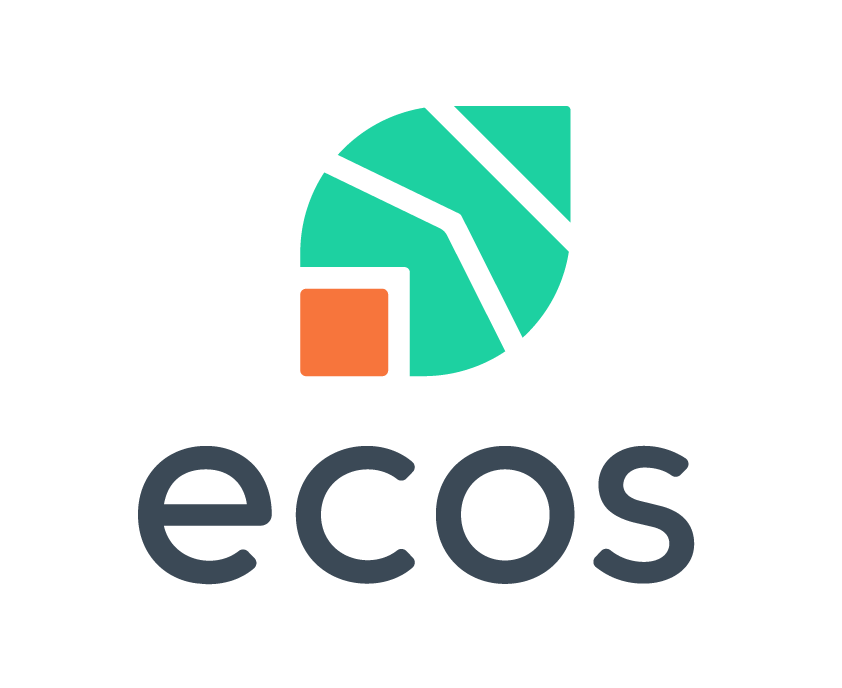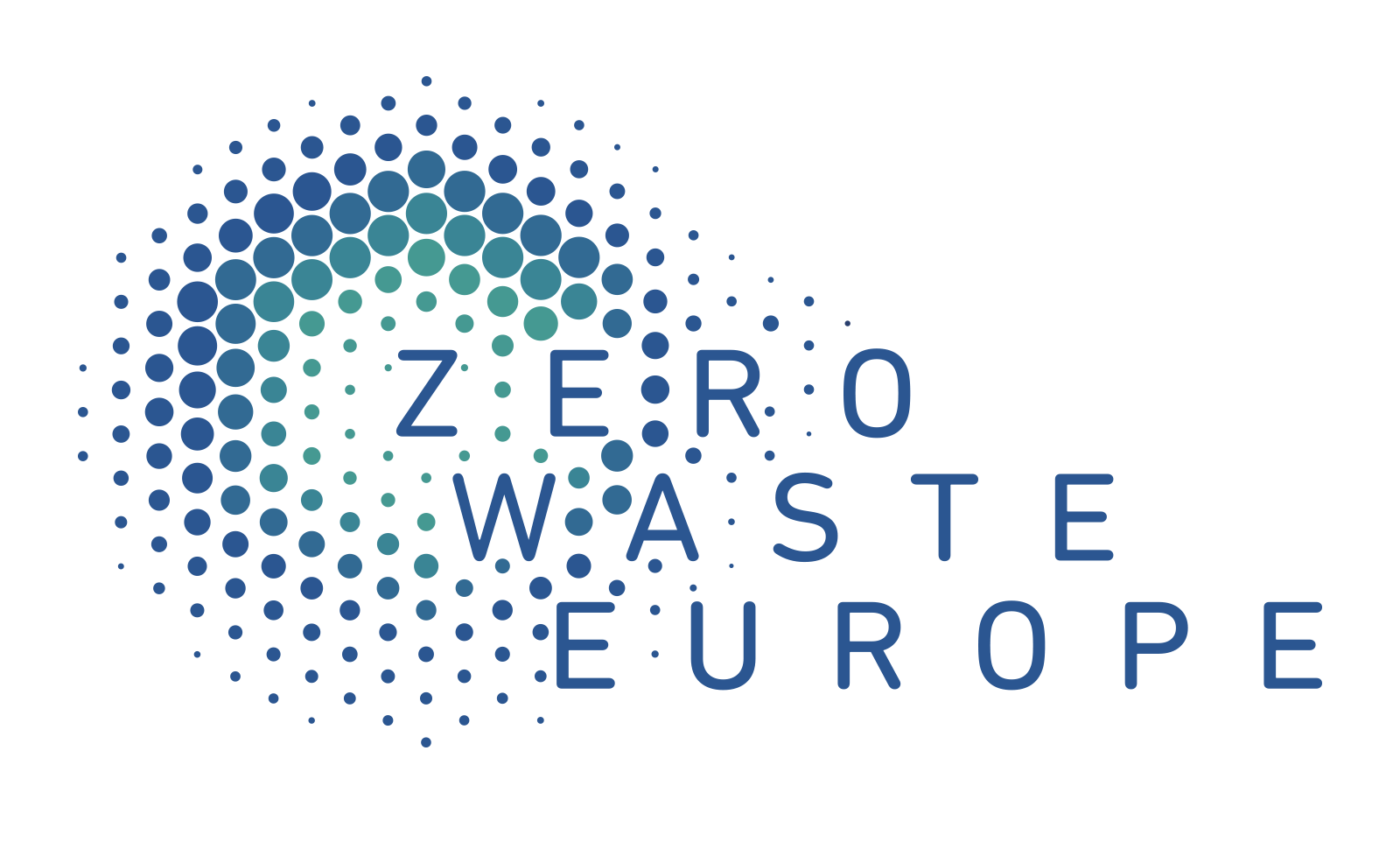EU institutions take an important step to prevent packaging waste and promote reuse, but reckless loopholes for throwaway packaging risk undermining EU efforts
On Monday, 4 March 2024, negotiations on the EU Packaging and Packaging Waste Regulation (PPWR) were concluded. The compromise deal struck between negotiators from the Council and the European Parliament brings a long and intense political struggle to address the concerns about ever-increasing amounts of packaging waste to a close.
Despite the unprecedented pressures and negative lobbying, EU institutions finally agreed on a set of rules to prevent the generation of packaging waste, promote reuse systems and reduce our dependence on single-use packaging; according to the press releases by the institutions.
To stop the uncontrolled growth of packaging waste the EU is setting binding packaging reduction targets for its Member States (5% by 2030, 10% by 2035 and 15% by 2040), as well as reuse targets for certain packaging segments, including beverages and transport packaging.
The coalition of NGOs working on EU packaging rules applauds stricter provisions on substances of concern and direct restrictions on a group of harmful and extremely persistent chemicals (PFAS) in food packaging. It is expected that a mandatory future report on the presence of substances of concern in packaging will bring more clarity about the extent to which they negatively affect circularity, as well as chemical safety and impact on human and environmental health.
The coalition however regrets that the initial proposal of the European Commission, published in November 2022, was watered down by a plethora of exemptions and derogations adopted under the pressure of throwaway lobbies. It is especially disappointing that the scope of restrictions for unnecessary packaging are limited only to single-use plastics and not to all single-use formats as foreseen in the original proposal (including single-use paper-based packaging).
It is also regrettable that cardboard packaging is excluded from the reuse targets for transport. These loopholes are the result of unprecedented pressures from single-use paper lobbies and risk undermining the regulation’s effectiveness, leading to an increase in paper packaging consumption, thus perpetuating wasteful practices and putting unsustainable pressure on forests.
“EU institutions have agreed on the urgent need to cut down packaging waste, reduce our dependence on disposable solutions and promote reuse systems. One of the most heavily lobbied files of this term survived the deceptive tactics of throwaway proponents. We will now have binding packaging waste reduction targets charting a clear path for the sector. Despite some regrettable setbacks and unjustified derogations, this compromise now gives the EU and its Member States a chance to stop the packaging waste crisis”
Marco Musso (EEB Senior Policy Officer for Circular Economy at the European Environmental Bureau)
“McDonalds’ and the paper packaging industry managed to distort and empty a regulation born to reduce single-use packaging, which now is promoting it, at the cost of the global forests and climate. Lobbyists are now celebrating, but consumers will continue to be flooded by increasing amounts of waste in their own homes – just this time made from paper.”
Sergio Baffoni (Environmental Paper Network’s Senior Paper Packaging Campaigner)
“This is a step in the right direction, but a much larger leap is needed. The reality is that growing unnecessary packaging and overpackaging is a waste of resources – and recycling alone is just not enough. We need more support for reuse and refill options to use less material and prevent waste”
Valeria Botta (Head of Circular Economy & Nature at Environmental Coalition on Standards – ECOS)
“We know that many of the chemicals commonly used in food packaging (both plastic and non-plastic) are harmful and can contribute to chronic diseases in our society. It is encouraging to witness a political will to ensure better consumer protection and eliminate the whole group of particularly problematic PFAS from food packaging – this action was indeed very urgently needed, and is very welcome by the coalition.”
Dorota Napierska (Toxic-free Circular Economy Policy Officer at Zero Waste Europe)
After 4 years of preparatory work and more than 15 months of negotiations marked by unprecedented levels of lobbying, the three EU institutions must waste no time to adopt this key regulation before the European elections. The European Parliament must ratify the compromise reached yesterday in the April Plenary putting an end to wasteful practices and unlocking the opportunities of genuinely circular packaging. The coalition also urges the European Commission to sign the agreement as soon as possible.
The coalition of NGOs will continue to advocate for high ambition at EU level and proper implementation of the new rules to stop the uncontrolled growth of packaging waste through prevention and reuse. Numerous decisions on how to implement the measures of the Regulation will need to be taken further down the line and the Rethink Plastic alliance together with the coalition of NGOs will closely monitor this process.
Figures:
- The total packaging waste generation in the EU increased from 66 million tonnes in 2009 to 84.3 million tonnes in 2021 (27.7% growth) and is forecasted to increase to 92 million tonnes in 2030, and 107 million tonnes in 2040.
- Annual packaging waste generation was estimated at about 190 kg per inhabitant in the EU annually. This waste has a significant environmental impact, contributing to 40% of plastic and 50% of paper use, along with carbon emissions equal to Hungary’s yearly emissions. (Source: Eurostat)
- Packaging is one of the main users of virgin materials (40 % of plastics and 50 % of paper used in the EU is destined for packaging) and accounts for 36 % of municipal solid waste.
- For more information, read our factsheet on Reusable Takeaway Packaging, our report on Disposable Paper-based Food Packaging. The false solution to the packaging waste crisis.
Media Contacts
- For Rethink Plastic alliance:
Caroline Will | +32456560705 | [email protected] - ECOS – Environmental Coalition on Standards
Alison Grace | +32 493 19 22 59 | [email protected] - EEB – European Environmental Bureau
Sarah Abou-Chleih | +32 2 790 43 86 | [email protected]
About:
Rethink Plastic is an alliance of leading European NGOs, representing thousands of active groups, supporters and citizens in every EU Member State.
We are part of the global Break Free From Plastic movement, consisting of over 11,000 organisations and individuals worldwide demanding an end to plastic pollution.
The Rethink Plastic alliance has been working on the packaging file together with an informal alliance of NGOs with expert knowledge and hands-on experience on the entire lifecycle of plastics and paper. The members of this informal coalition are Zero Waste Europe, European Environmental Bureau, ECOS, ClientEarth, Surfrider Foundation Europe, Deutsche Umwelthilfe, Recycling Netwerk Benelux, Fern and the Environmental Paper Network.






